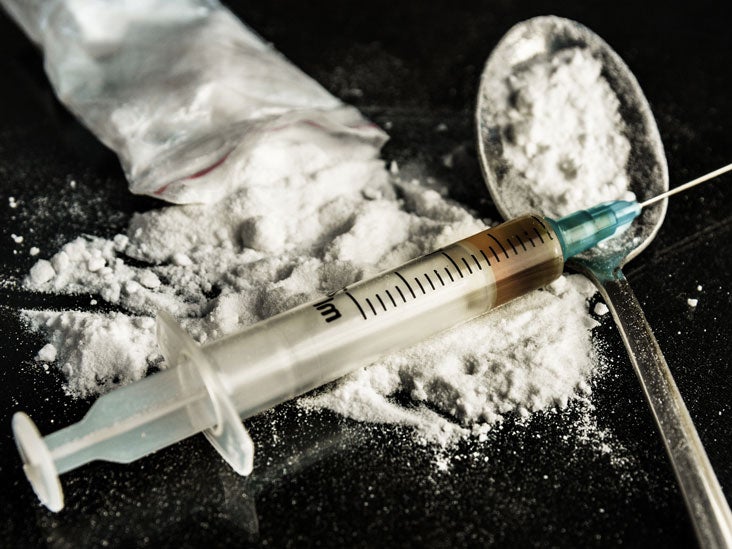Drug overdoses are a serious and growing public health issue. They can be fatal, and the effects of an overdose can range from mild to severe. In this article, we will explore what a drug overdose is and what causes it, as well as the signs and symptoms of an overdose, and the steps you can take to prevent one. We will also discuss the available treatments and the long-term implications of an overdose. With this knowledge, you can be better prepared to prevent and respond to a drug overdose.

What is a Drug Overdose?
A drug overdose occurs when someone takes more than the medically recommended dose of a drug or combination of drugs. It can be intentional or unintentional. When an overdose occurs, it can have serious health consequences, including organ damage, coma, or death. Drug overdoses can be caused by prescription medications, illegal drugs, or alcohol.
Types of Drug Overdoses
Drug overdoses can be classified according to the type of drug taken. Prescription drug overdoses, for example, are typically caused by taking too much of a medication prescribed by a doctor. Illegal drug overdoses can be caused by taking too much of an illicit substance, such as heroin or cocaine. Alcohol overdoses can occur when someone drinks too much alcohol in a short period of time.
Signs and Symptoms of an Overdose
The signs and symptoms of an overdose vary depending on the type of drug taken. Common signs and symptoms of an overdose include confusion, slurred speech, shallow breathing, loss of consciousness, and convulsions. If you suspect someone has overdosed, it is important to seek medical help immediately.
Preventing an Overdose
The best way to prevent an overdose is to avoid taking drugs or alcohol. If you do choose to use drugs, it is important to do so responsibly. Make sure to always follow the directions on the label and never take more than the recommended dose. Additionally, if you are taking multiple drugs, you should talk to your doctor or pharmacist about the potential risks of drug interactions.
Treatment for an Overdose
Treatment for an overdose will vary depending on the type of drug taken. In some cases, supportive care may be all that is needed. This can include intravenous fluids and oxygen as well as medications to control symptoms. In more severe cases, medications such as naloxone or activated charcoal may be used to reverse the effects of the drug.
Long-term Effects of an Overdose
The long-term effects of an overdose depend on the type of drug taken and the severity of the overdose. In some cases, there may be no long-term effects. In more severe cases, there may be lasting organ damage, neurological deficits, and even death. It is important to seek medical help immediately if you suspect someone has overdosed.
Few Frequently Asked Questions
What is a Drug Overdose?
A drug overdose occurs when a person uses more than a safe or recommended amount of a drug or combination of drugs. When a person overdoses, the body is overwhelmed and unable to process the drugs quickly enough, resulting in serious and potentially life-threatening complications.
What are the Symptoms of a Drug Overdose?
The symptoms of a drug overdose vary depending on the type of drug taken and the amount. Generally, the most common symptoms include confusion, difficulty speaking, drowsiness, agitation, shallow breathing, vomiting, pale skin, seizures, and an irregular heartbeat. In some cases, a person may become unconscious or experience a coma.
What are the Risk Factors for Drug Overdose?
The risk factors for drug overdose include using drugs without a prescription, taking a larger dose than prescribed, mixing drugs with other substances, using drugs for a long period of time, and using drugs with a high potency or potency that changes over time. Additionally, certain medical conditions, such as liver or kidney disease, can increase the risk of an overdose.
How is a Drug Overdose Treated?
A drug overdose is treated by first calling 911 or the local emergency number. If available, it is important to provide information about the type of drug taken and the amount. A healthcare provider will then evaluate the person and provide appropriate treatment, such as oxygen, IV fluids, medications, or other supportive care. In some cases, a person may require hospitalization or other medical interventions.
What are the Long-Term Effects of a Drug Overdose?
The long-term effects of a drug overdose depend on the type of drug taken and the amount. Generally, the long-term effects can include organ damage, memory problems, cognitive impairment, behavioral changes, and an increased risk of addiction. In some cases, a drug overdose can result in death.
What are Ways to Prevent a Drug Overdose?
The best way to prevent a drug overdose is to avoid using drugs without a prescription, taking larger doses than prescribed, or mixing drugs with other substances. Additionally, it is important to be aware of the signs and symptoms of an overdose and to seek help immediately if they occur. It is also important to store drugs securely and to dispose of unused drugs properly.
How the body reacts to a drug overdose
A drug overdose is a serious and potentially life-threatening medical condition caused by taking too much of a drug. It is important to be aware of the signs and symptoms of an overdose, as well as the potential risks and consequences. If you or someone you know is experiencing an overdose, it is important to get medical help right away. By understanding the risks and taking steps to prevent an overdose, you can help ensure that you and those you love stay safe.

